By Richard Sison | 2019
0 Comments
By Richard Sison | 2019
By Richard Sison | 2019
By Richard Sison | 2019
By Jaime Noriega | 2019
By Richard Sison | 2019
By Richard Sison | 2019
By Richard Sison | 2019
By Richard Sison | 2019
By Jaime Noriega | 2018
|
AuthorBro. Richard Sison Archives
April 2019
Categories |
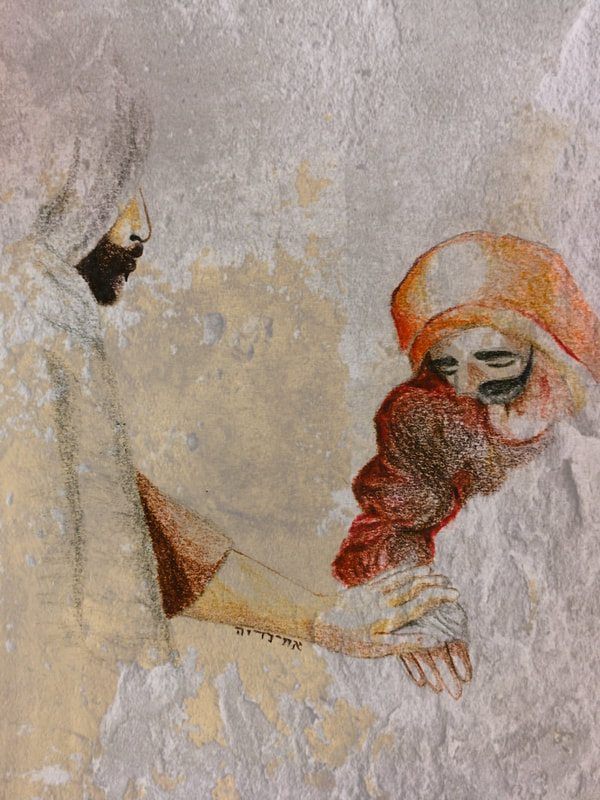
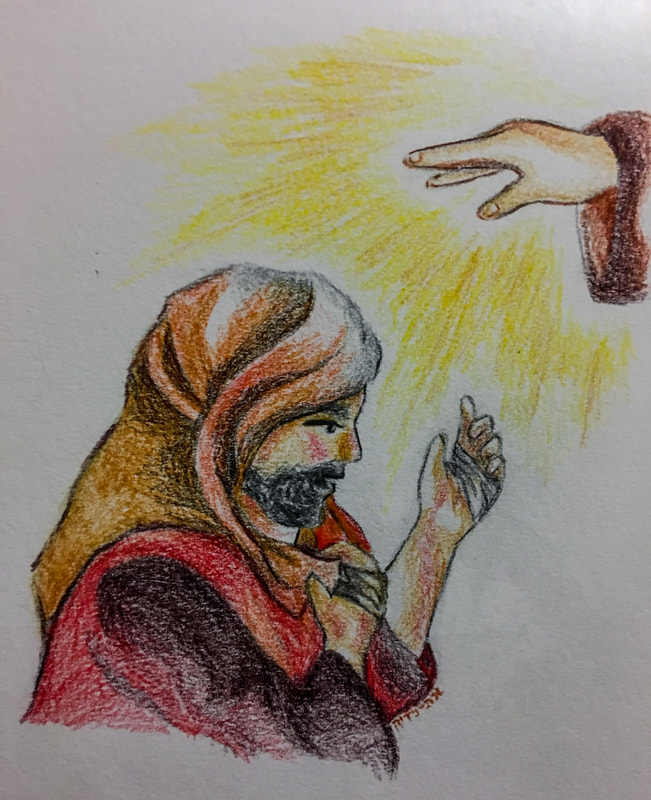
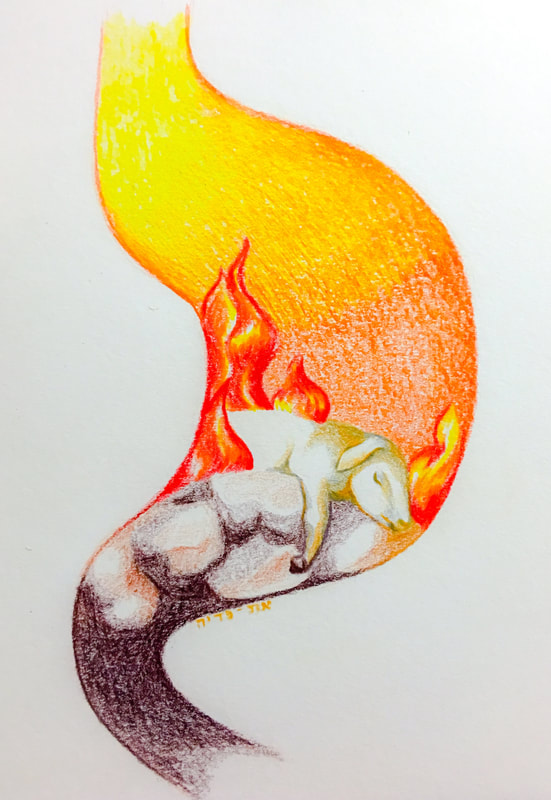
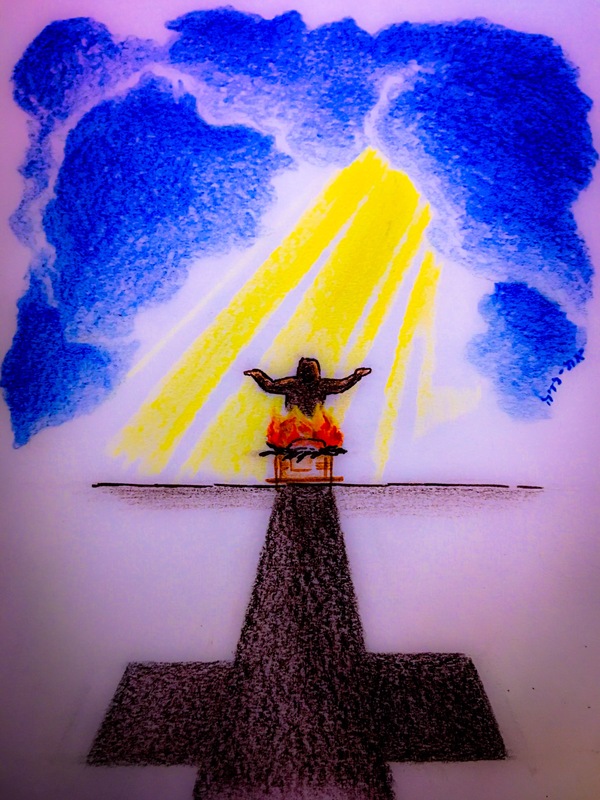
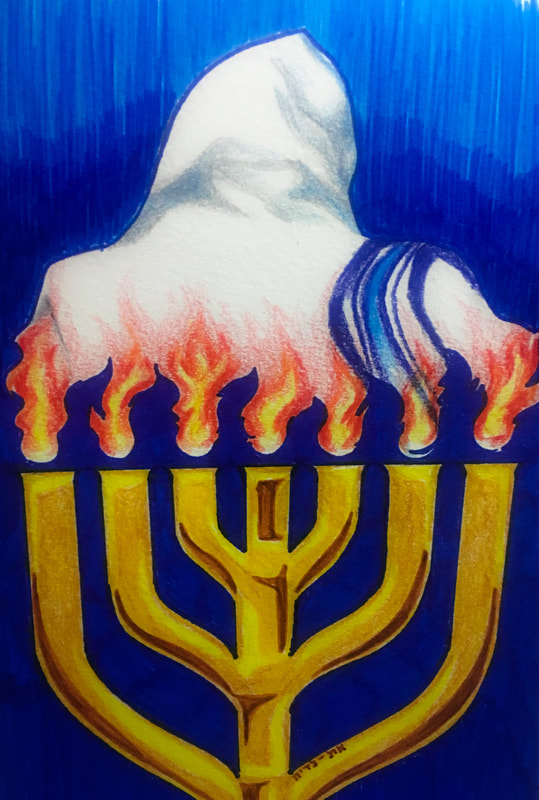
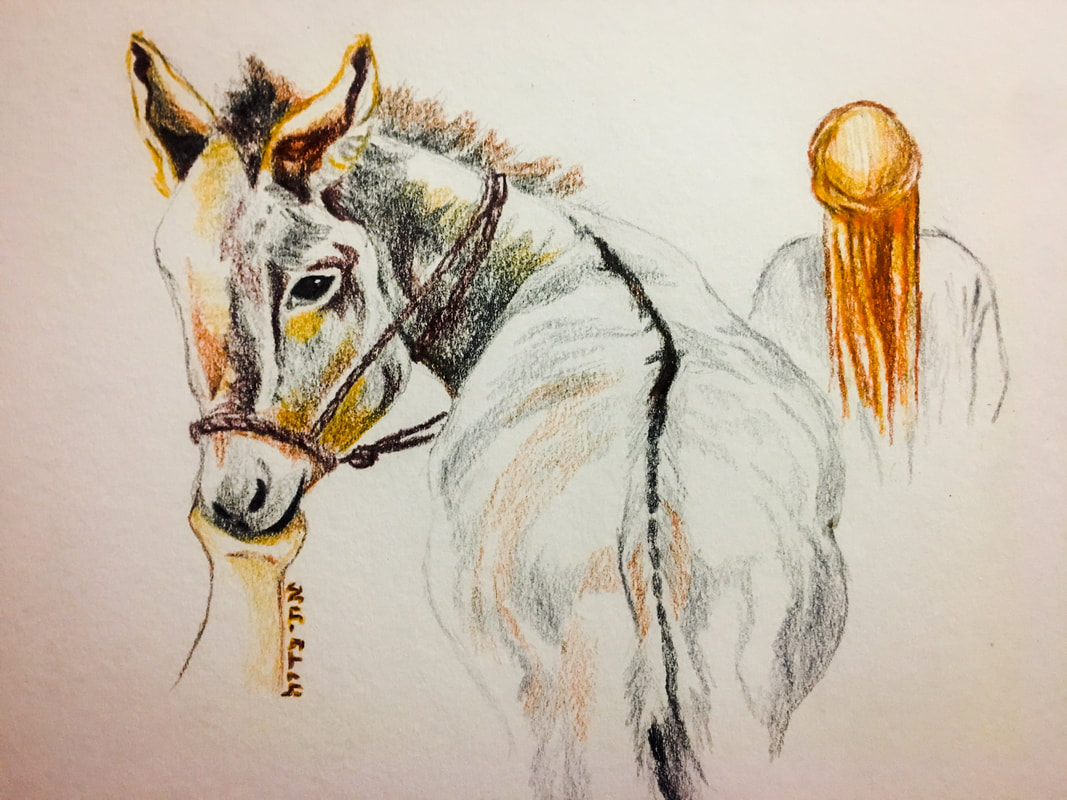
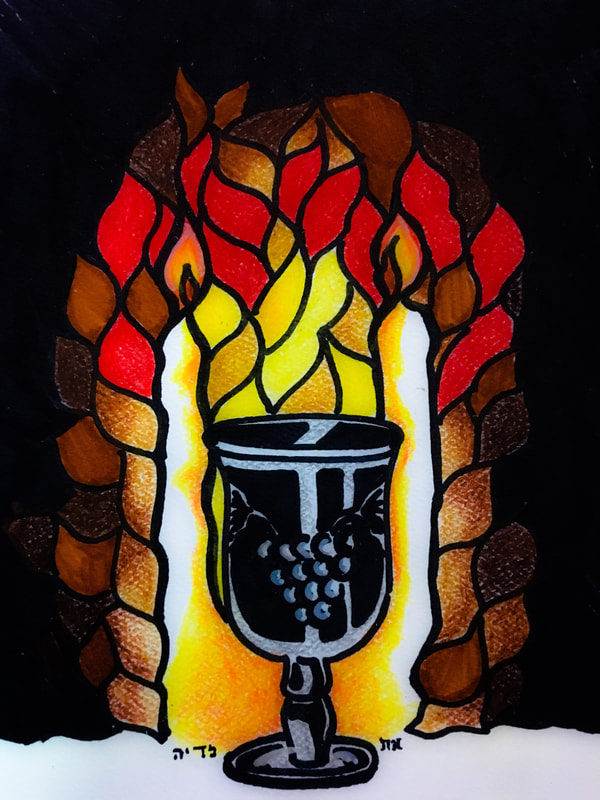
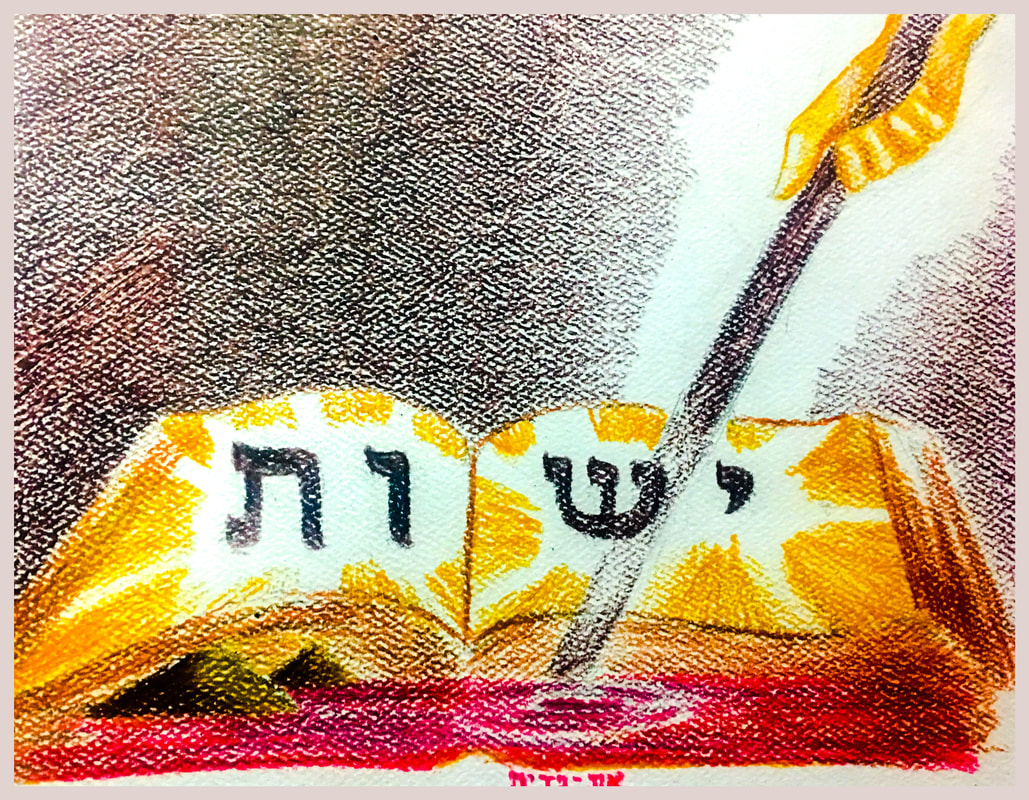
 RSS Feed
RSS Feed
